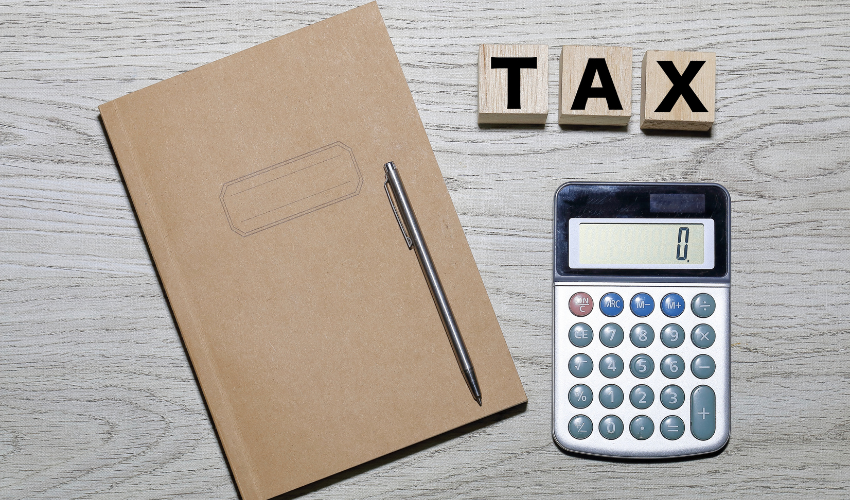
An increasing number of people have engaged in the “gig” or sharing economy over the past few years. In fact, 16% of Americans have earned money through online gig platforms at some time according to the Pew Research Center’s August 2021 survey. This gig work includes providing car rides, performing household tasks, walking dogs, shopping for groceries, making deliveries from a restaurant or store, and running errands.
If you perform one of these jobs, there are tax consequences you should be aware of. Generally speaking, income you receive from an online platform offering goods and services is taxable, even if you earn this income from a side job and even if you aren’t provided with an income statement reporting the amount of your earnings.
What is a gig worker?
A gig worker is an independent contractor who conducts their job through an online platform such as Airbnb, Lyft, Uber, Angi, Doordash, or Instacart. Gig workers aren’t eligible for the benefits associated with traditional employment, including employer-sponsored health insurance.
Gig workers are also exempt from minimum wage requirements and other federal legal protections and aren’t included in states’ unemployment insurance systems. In addition, they’re also responsible for their own training, taxes, and retirement savings.
Gig workers’ tax obligations
If you participate in the gig economy, you’ll want to consider the following:
- Since your income isn’t subject to withholding, you may need to make quarterly estimated tax payments. The typical deadlines for estimated tax payments are April 15, June 15, September 15, and January 15 of the following year. Deadlines that fall on a Saturday or Sunday are extended to the next business day.
- The online platform you work for should provide you with a Form 1099-NEC, Form 1099-K, Nonemployee Compensation, or other income statement.
- If you have business expenses, you may be able to deduct some or all of these expenses on your tax return, subject to the normal tax limitations and rules. If you use your own car to provide rides, for example, you may be able to deduct depreciation for wear and tear on the vehicle. However, it’s worth noting that the rules for deducting expenses can be complex if you’re renting a room in a home you own.
Keeping thorough records
It’s important to keep complete and accurate records of your income and expenses, since you may be audited by the IRS or a state or local tax authority. If you participate in the gig economy and you have further questions about your tax obligations or what deductions you can claim, contact us. We can help you avoid expensive surprises when you file your next tax return.
